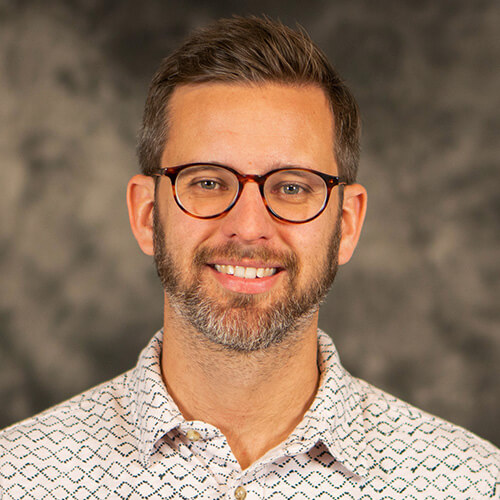Engagement with Partners
Maryville College has a long-standing tradition of collaboration and involvement in the larger community through courses, service projects, conservation, preservation and programs to improve the lives of those around us. Some students serve with nonprofits as part of scholarship programs, some serve in conjunction with classroom study, and some serve through individual motivation or through student clubs and athletic teams. Please take some time to read the Three Models of Community Engagement, listed below, to gain a better understanding of the types of partnerships that are possible.
The college community strives to engage our local community ways that will create lasting and positive impacts. Our goal is to work with local organizations to create partnerships that are mutually beneficial, reciprocal and sustainable. We hope that you will look over the Resources for Partners as you consider possible collaborations with Maryville College.
If your organization has a need for which the college community might be of help, please contact staff at the Center for Community Engagement at 865-981-8122.
Co-Curricular Service: Students serving community agencies through clubs, scholarships, or personal motivation.
One-Time Projects
All student clubs are required to participate in community engagement; many take advantage of one-time projects to meet their requirements. Examples:
- Students in the Nonprofit Leadership Alliance plan and host a local Nonprofit Fair on campus each year.
- The American Chemical Society plans an annual STEMfest and invites community members to participate.
- A group of friends helps at a Habitat for Humanity build at one time during the semester.
Long-Term Partnerships
Individual students doing service on a consistent basis. Partnerships between students and agencies grow and change as the needs of both parties change. Examples:
- A student volunteers at Martin Luther King Center every Tuesday and Thursday. The student is given more leadership responsibility as his or her relationship with the MLK center deepens.
- A student volunteers with the Children’s Advocacy Center for five hours each week. The following semester, the student is given the task of promoting an annual fundraiser.
Community Engaged Learning (Curricular Service): Community engagement that is a part of course learning objectives.
Placement Model
An academic course requires students to serve a stated number of hours with an agency. The community engagement helps to meet the learning objectives of the course, and the agency is actively engaged in helping the student meet the learning objectives. Example:
- Students in an upper-level Spanish course are required to complete a number of practicum hours in an agency. For example, a student works with Second Harvest Food Bank for eight hours each week, translating documents and helping Spanish-speaking clients.
Project Model
An academic course requires a class to complete a project on behalf of a service agency. The project helps to meet the learning objectives of the course, and the agency is actively engaged in helping the student meet the learning objectives. Example:
- Students in the Introduction to Nonprofit Management course collaborate with a local nonprofit agency to apply knowledge as it acquired in the classroom. As their final project, students write and submit grants on behalf of local agencies .
Community Based Research: Focuses on answering a specific research question generated by the agency.
Individual Research Project
Each senior student at Maryville College is required to complete a senior study. Some students work with agencies to deeply research a question or problem of the agency. Example:
- A student researches the outcomes of applying an organizational development model to Habitat for Humanity builds, providing the agency with valuable information that helps make their builds more effective.
Course-Based Research Project
Projects are driven primarily by a research question from the community. Example:
- Dr. Arianne Schratter’s relationship with Wilderwood Service Dogs allows for long-term and ongoing research, beyond one semester or one senior thesis. Students continually study the impact of service dogs on the development of young people with autism. Several class projects and senior theses have grown out of this relationship.

